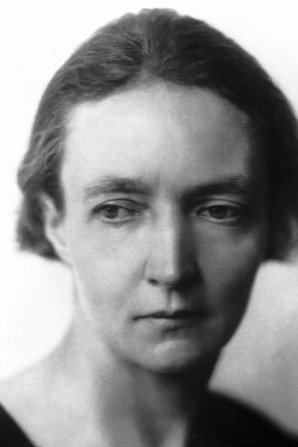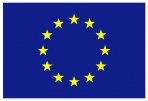France: Irène Joliot-Curie
12th September 1897 – 17th March 1956

Irène was born in Paris, France to Marie and Pierre Curie. She followed her parents’ footsteps into scientific research and worked at the Radiation Institute founded by her mother after she graduated from her degree in mathematics and physics. Here she met Frédéric Joliot her future husband and scientific collaborator.
Irène and Frédéric worked together studying atomic nuclei and radioactivity. Unfortunately, they missed out on discovering both neutrons and positrons when they did not realise the significance of some of their experiments. However, in 1934, they were the first to discover artificial radioactivity when they bombarded aluminium with alpha particles to create the radioactive Phosphorus-30 isotope which does not occur in nature:
27Al + α → 30P + 1n
This discovery won Irène and Frédéric the Nobel Prize for Chemistry in 1935. Artificial radioactivity now provided a quick and cheap way for making radioactive materials for use in medicine.
Additionally, Irène and Frédéric were the first people to measure the neutron’s mass accurately and their research into radium nuclei led to the discovery of nuclear fission in Germany by Otto Hahn, Lise Meitner, and Fritz Strassman.
Irène also took a keen interest in the social and intellectual advancement of women: she was a member of the Comité National de l’Union des Femmes Françaises and of the World Peace Council.
References:
Famousscientists.org
Nobelprize.org
Back to The Road to the ESS




